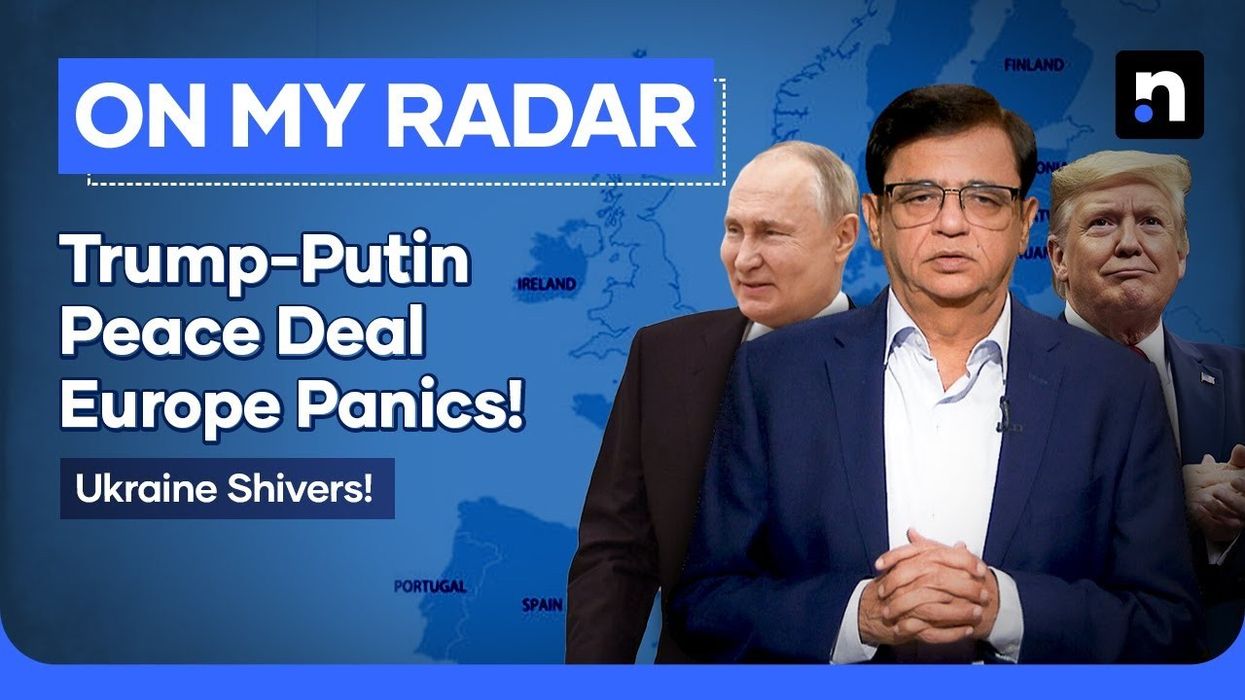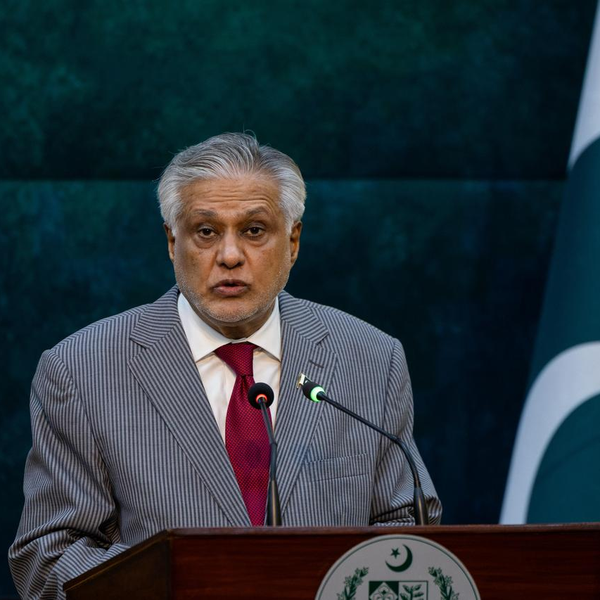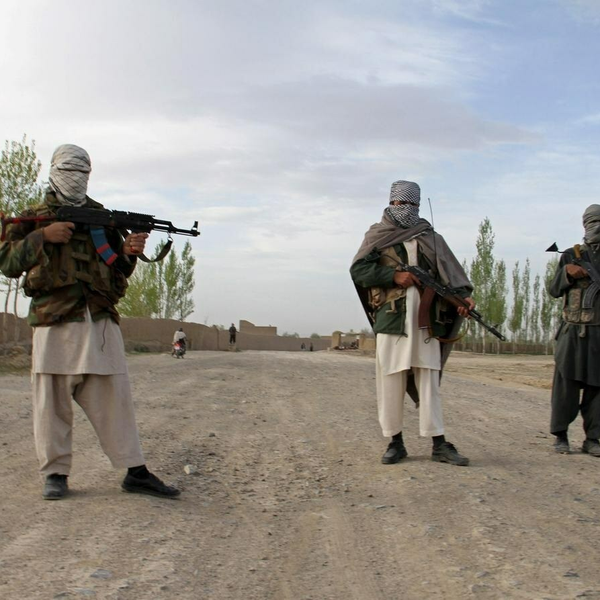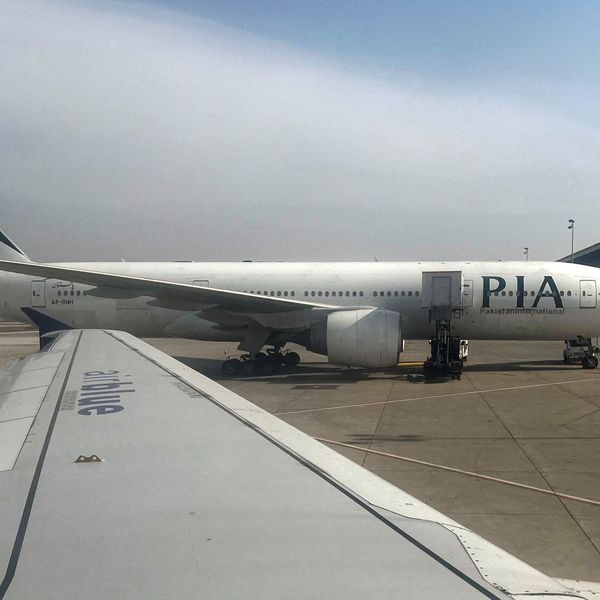Trump, Putin push for Ukraine war’s end, Europe wary of deal
Kamran Khan examines peace prospects as US-Russia talks to end Ukraine war spark European security concerns
News Desk
The News Desk provides timely and factual coverage of national and international events, with an emphasis on accuracy and clarity.
U.S. President Donald Trump has initiated efforts to end the Russia-Ukraine war, leveraging diplomatic engagement, economic pressure, and resource-based negotiations.
His pledge to resolve the conflict was initially seen as a political statement. However, following the Gaza ceasefire, Trump’s rapid steps towards negotiations have made his intentions harder to ignore.
Trump announced that he spoke with Russian President Vladimir Putin about ending the war. He avoided details but said, “Putin wants peace. I just want to see people stop getting killed.”
Trump-Putin meeting in Saudi Arabia
Taking a step further, Trump said he would meet Putin in Saudi Arabia, with Crown Prince Mohammed bin Salman hosting.
“I’ll be dealing with President Putin largely on the phone, but we expect to meet. And we’re going to meet probably in Saudi Arabia,” Trump said.
His renewed diplomacy has challenged the idea of a "point of no return" in US-Russia relations. Meanwhile, Washington’s Track II diplomacy with Moscow is making Europe uneasy, with some viewing it as a strategic shift rather than a sudden move.
Putin welcomes Trump’s efforts
The Kremlin confirmed the Trump-Putin call lasted about 90 minutes. Spokesman Dmitry Peskov said Putin invited Trump to Moscow, and both agreed to work together.
Since Trump’s return to office, Putin has praised him, raising Moscow’s hopes for better US-Russia ties. A recent goodwill gesture from Russia — the release of American teacher Marc Fogel, imprisoned since 2021 — is seen as a sign of thawing relations.
Putin, once confident of a swift victory in Ukraine, now faces economic fallout from the prolonged war. Russia’s oil and gas leverage over Europe has weakened as Western nations shift towards US energy.
Trump’s economic angle
Despite threatening more sanctions on Russia if the war continues, Trump has demanded $500 billion worth of Ukraine’s mineral resources in exchange for past military aid.
Sensing a shift in power dynamics, Ukrainian President Volodymyr Zelensky has softened his stance. He has offered allies access to Ukraine’s mineral wealth and, for the first time, proposed negotiations over occupied territories.
“If Trump succeeds in bringing Ukraine and Russia to the table, I am willing to discuss directly with Moscow,” Zelensky told The Guardian.
However, Russia rejected any territorial exchanges. Kremlin sources told Le Monde that Moscow has “never and will never negotiate on its controlled territories.”
European concerns grow
While Washington and Moscow move towards a settlement, Europe fears being sidelined. Financial Times reports that EU leaders worry a US-Russia-Ukraine deal could leave NATO’s eastern flank exposed.
French and German foreign ministers warned that “any negotiations must include Ukraine and Europe, with strong security guarantees for Kyiv.”
Meanwhile, NATO Secretary-General Mark Rutte told European lawmakers, “If Europe doesn’t increase defense spending, we will have two options: learn Russian or move to New Zealand.”
As Trump and Putin edge closer to a deal, European capitals are reassessing their reliance on US security guarantees.







Comments
See what people are discussing